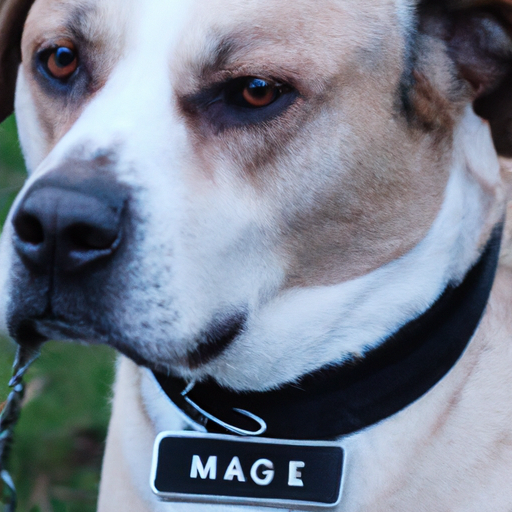Having a male dog as a pet is an experience filled with joy, companionship, and responsibility. You, as a caregiver, play a crucial role in shaping your pet’s life. This guide aims at providing you with comprehensive details about taking care of a male dog, right from the naming process to understanding their needs.
Choosing the Right Name
When you bring a new dog home, one of the first things you want to do is give him a name. Here are a few tips:
- Keep it short: A name with one or two syllables is easy to say and quick for your dog to recognize.
- Make it distinct: Choose a name that doesn’t sound like a command you’ll be using.
- Make it meaningful: You might want to choose a name that reflects your dog’s personality or appearance.
Understanding Your Male Dog’s Behavior
Much of your dog’s behavior will be influenced by his breed and individual personality. However, there are some general traits that many male dogs share:
- Territoriality: Male dogs are often more territorial than their female counterparts.
- Aggression: Some male dogs may display aggression, especially if they are not neutered.
- Playfulness: Male dogs tend to be more playful and energetic.
Meeting Nutritional Needs
A balanced diet is crucial for your dog’s health. Here’s a basic guideline:
| Age Group | Diet |
|---|---|
| Puppy | High-quality puppy food |
| Adult | Balanced adult dog food |
| Senior | Senior dog food with lower calories |
Remember, these are just guidelines. Always consult your vet for personalized advice.
Importance of Exercise
Exercise is crucial for your dog’s physical and mental health. Here are some activities you might consider:
- Walking or jogging
- Playing fetch
- Agility training
Training Your Male Dog
Training should begin as soon as your dog arrives at your home. Key training areas include:
- House Training: This involves teaching your dog to eliminate outside or in a designated indoor area.
- Obedience Training: This includes teaching basic commands like “sit,” “stay,” and “come.”
Health Care and Regular Check-ups
Regular vet visits are important to keep your dog healthy. Your vet can provide vaccinations, conduct routine examinations, and detect potential issues early.
Socialization
Socialization is key to raising a well-behaved dog. Expose your dog to different people, environments, and other animals to help him become more comfortable in various situations.
FAQs
How often should I feed my male dog?
Puppies usually need to be fed three to four times a day. Adult dogs, on the other hand, can be fed once or twice a day.
How can I manage my dog’s aggressive behavior?
Training and socialization can help manage aggressive behavior. If the aggression persists, consider seeking help from a professional dog trainer.
Is neutering necessary?
Neutering can help control aggressive behavior and prevent certain health issues. However, it’s a personal decision that should be made after discussing it with your vet.
What if my dog is not responding to training?
If your dog is not responding to training, it might be due to several reasons like health issues, lack of focus, or improper training methods. Consider seeking help from a professional trainer.
Caring for a male dog involves a blend of love, understanding, and responsibility. Remember, you’re not just a pet owner, but a caregiver, a companion, and a guide in your pet’s life.



